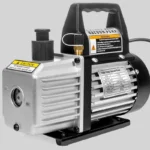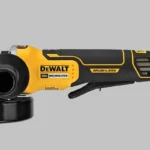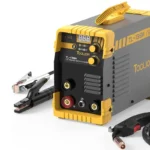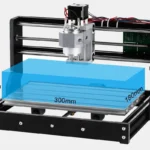In any successful workshop, having the right tools not only makes your projects easier but can significantly boost the quality and efficiency of your work. Power tools, in particular, offer significant advantages over manual labor through precision and power, saving you time and reducing the effort required on projects.
This article will guide you through the essential power tools every workshop should have, covering their uses, benefits, and key considerations when choosing and maintaining them.
Choosing the Right Power Tools
Selecting the right power tools involves considering several factors:
- Power Source: Electric tools offer constant power supply, while battery-operated tools provide mobility.
- Material Compatibility: Ensure the tool is suitable for the materials you commonly work with.
- Brand Reliability: Invest in tools from reputable manufacturers to ensure quality and warranty support.
- Ergonomics and Safety: Look for tools with user-friendly designs that reduce fatigue and are equipped with safety features like auto-stop and shields.
Must-Have Power Tools for Every Workshop
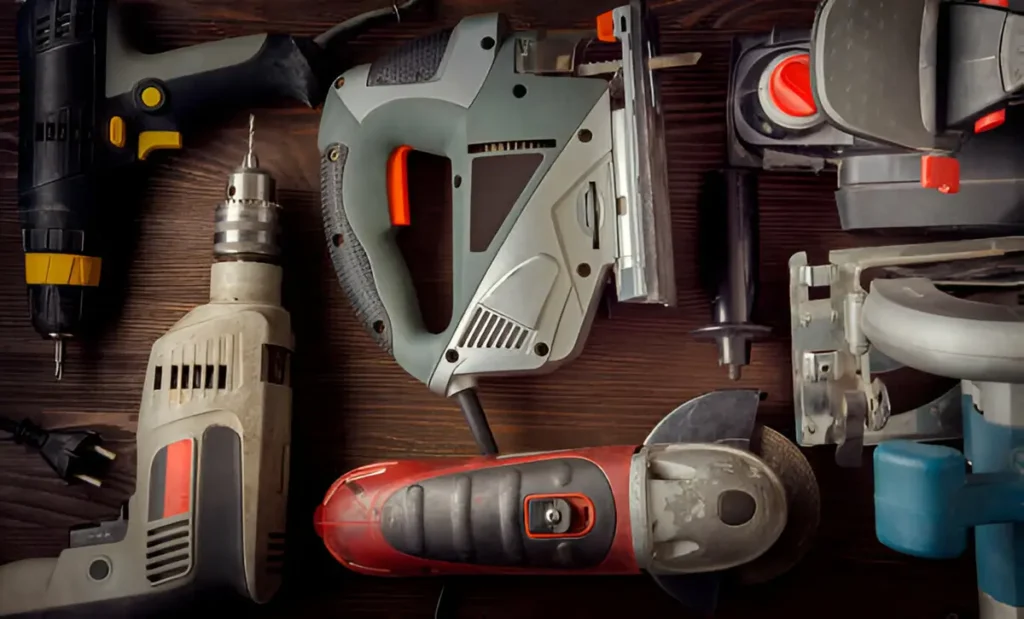
1. Drills and Impact Drivers
A staple in any workshop, drills are used for making holes in wood, metal, or concrete, while impact drivers are ideal for driving screws and bolts with greater torque. Opt for a combination of a corded drill for stationary, continuous use and a cordless model for ease of mobility. Key features to consider include adjustable speed, reversible direction, and hammer function for masonry.
2. Circular Saws
Circular saws are essential for making straight cuts through wood, metal, and plastic. Choose between corded models for prolonged use and cordless for easier handling. Pay attention to blade size, adjustable base plates for depth control, and safety features like electric brakes.
3. Jigsaws
Jigsaws allow for cutting intricate shapes and curves. They come with various blade options to cut different materials. Features like orbital action for faster cutting and variable speeds can enhance their versatility.
4. Rotary Tools
Rotary tools are multifunctional devices suitable for detailed work such as engraving, carving, and polishing. They work with a wide array of attachments, making them incredibly versatile. Adjustable speed settings are a critical feature.
5. Sanders
Whether smoothing surfaces or removing old paint, sanders are invaluable. Orbital sanders are good for general sanding, belt sanders for heavy-duty material removal, and detail sanders for tight spaces. Essential features include dust collection systems and variable speed controls.
6. Routers
Routers excel at creating clean cuts and intricate patterns in wood. They require various bits for different patterns. When choosing a router, consider its horsepower, variable speeds, and plunge vs. fixed base designs.
7. Planers
Thickness planers are used for smoothing rough lumber and achieving uniform thickness. Important considerations include the maximum width the planer can handle and the depth settings.
8. Compound Miter Saws
For precise angled and beveled cuts, a compound miter saw is indispensable. Options range from basic miter saws to more advanced sliding models which allow for larger cuts.
Care and Maintenance of Power Tools
Maintaining your power tools is critical for their longevity and efficiency. Regular cleaning, proper storage, and checks for wear and alignment can prevent malfunctions. Additionally, keep blades and bits sharp and batteries properly charged and stored.
Always wear appropriate safety gear such as safety goggles, hearing protection, and dust masks. Utilize built-in safety features and ensure your work area is well-lit and free from hazards.
Enhancing Your Workshop with Power Tools
Organize your workshop to allow for easy access to tools and materials, consider workflow, and ensure there is enough space for safe operation. Adequate electrical access and storage will keep the space functional and tidy.
Prioritize your tool purchases based on what projects you typically undertake. Look for the best quality you can afford, and don’t shy away from certified refurbished tools which can provide excellent value.

Matthew Dowell
Matthew, a seasoned builder from a family of craftsmen, leads Tools Trove. His passion for tools and decades of hands-on experience fuel his commitment to providing expert reviews and insightful content. Whether you’re a pro or a DIY enthusiast, Matthew’s guidance ensures informed decisions in the world of tools.

